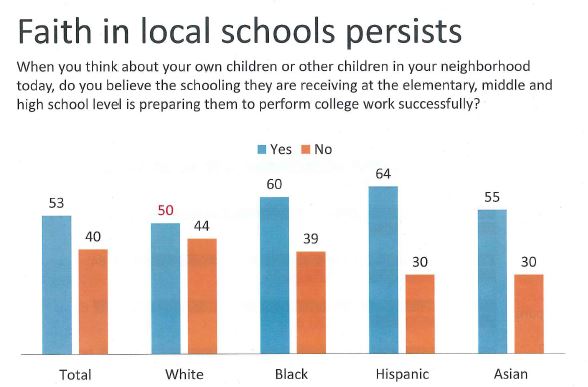
On Tuesday, April 8, 2014, staff from The Corps Network attended the third event in National Journal’s Next America series. Titled “Points of Leverage,” the event brought together government officials, educators, workforce experts and analysts to discuss when intervention is most effective in a young person’s education.
As stated by National Journal:
Minority children are projected to comprise a majority of the K-12 population within this decade, and minority workers projected to provide all of the net increase in the workforce through 2030. As a result, many agree that increasing the skills and educational attainment of young, non-white people looms as one of the most pressing challenges to American competitiveness.
In an era of slow economic growth and tight public budgets, there remains considerable disagreement about not only the kind of intervention, but also the timing of intervention most likely to produce success. In other words, with limited dollars to spend, what is the point in the lifecycle of students and young workers where we can invest in them for the greatest return?
Panelists at the event tended to agree that early intervention (pre-K or early elementary school) is best, but there are still many things educators can do for underserved middle school and high school students to put them on the track to postsecondary success. These things include:
- Educating students about the range of career possibilities
– Many educators agreed that students simply were not aware of career possibilities outside of what they had been exposed to in their own community or through popular culture
- Providing materials about local colleges and other higher-ed institutions
- Covering the cost of college application fees
- Providing a mentor who can connect a young person with their future
– Many students do not know anyone who has gone to college or completed some kind of alternative post-secondary program. - Helping students overcome self-discrimination
The event also featured a presentation by College Board, summarizing the results of a recent poll, conducted by Princeton Survey Research Associates International, about Americans’ opinions about education and the value of college. The survey included responses from 1,271 diverse adults age 18 + from March 18th – 26th of this year. Click here to read the findings.





































































